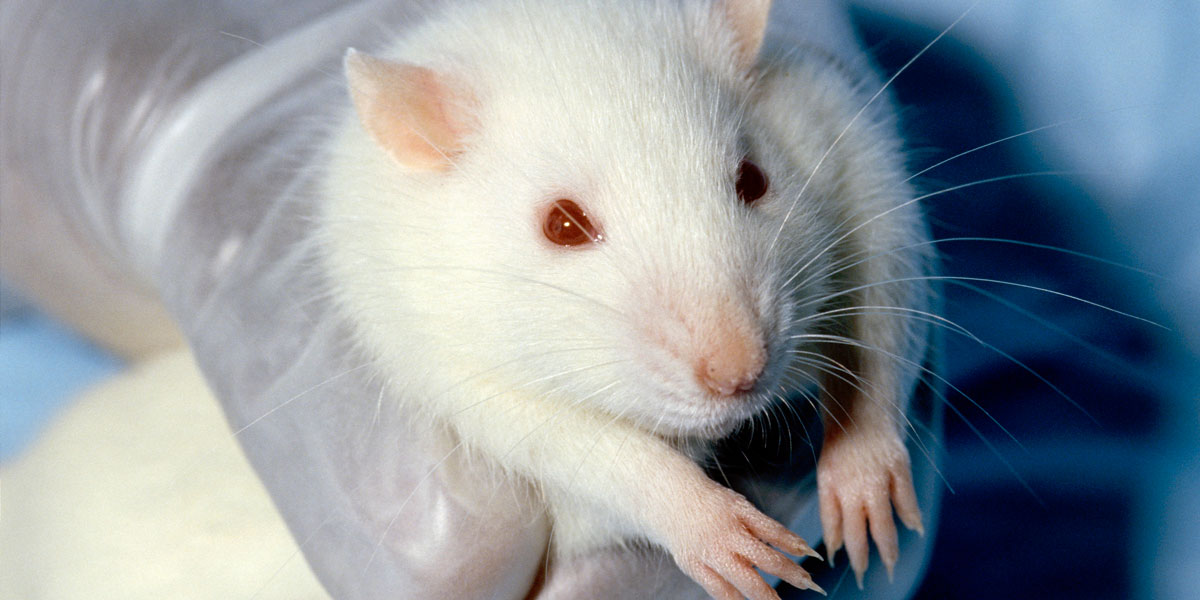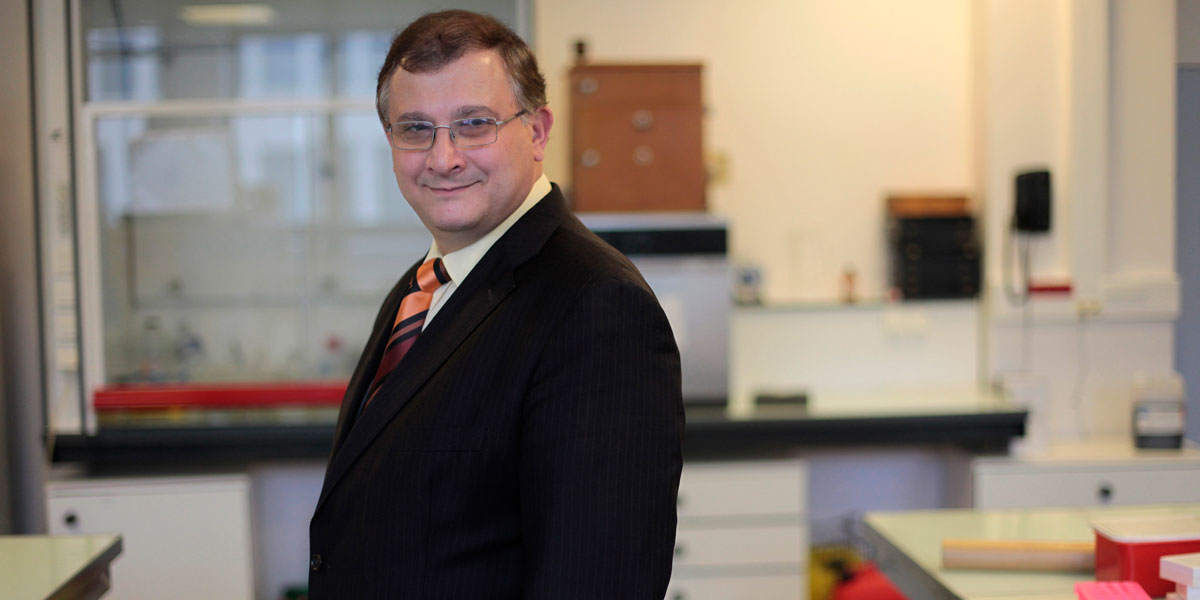Pioneer of GM mustard in India says it should be banned
There are explosive revelations about the GM mustard that’s currently being put forward for commercialization in India – and about its supposed developer Deepak Pental – in an interview with P. Pardha Saradhi. Saradhi is a scientist whose team was reportedly the first to successfully develop GM mustard lines. Saradhi says that GM mustard should not be released due to “negative impacts”; that Bayer owns the patents on the GM mustard; and that the supposed developer of the GM mustard, Deepak Pental, was arrested in 2014 for “stealing of sensitive transgenic material from my [Saradhi's] lab transgressing all biosafety norms”.
Why is the Indian govt hiding biosafety data on GM mustard?
India’s Central Information Commission has directed the ministry of environment to reveal biosafety data regarding trials of GM mustard without further delay, noting that “any attempt to postpone or delay the disclosure will block the public discussion” on the controversial issue. Meanwhile lawyer-activist Prashant Bhushan has sent a notice to the GMO regulator GEAC, asking it to make public the full biosafety dossier for GM mustard. He accused GEAC of "serious non- governance" and undertaking an "underground process to hide its misdeed”.
India: Prominent civil society members and beekeepers oppose GM mustard
Prominent civil society members have urged the government not to approve the release of GM mustard, citing “non-scientific, opaque, and deceptive” processes adopted by the country’s biotech regulator GEAC in studying it. Beekeepers also have raised concerns about GM mustard. Members of the Confederation of Bee Keeping Industry said that the number of bees had reduced dramatically after the introduction of Bt cotton.
GM mustard would be disastrous for India’s agricultural independence
Noted molecular biologist Pushpa M. Bhargava said the commercial cultivation of GM mustard would be “disastrous” as it would open the doors for multinational companies to control India’s agriculture. He said of the reaction of civil society to the mustard, “The government must realize that if it does not recognize civil society protests of that magnitude then it’s a loss of name for it. This is how a revolution begins.”
GMO lab allegations revive suspicions in China
A former employee at a state laboratory that studies GM foods said his superiors had him falsify reports, reviving deeply held skepticism in China toward the controversial technology.
EU Commission wants to authorize three GM maize varieties for cultivation
The European Commission is trying to authorize the cultivation of two GM maize varieties, 1507 and Bt11, and to re-authorize MON810, the only GMO currently grown in Europe, according to leaked draft proposals. The EU member states are likely to vote on the proposals on 16 November.
Bayer-Monsanto merger hides an industry in trouble
Bayer and Monsanto have agreed to merge in a $66-billion deal that Monsanto CEO Hugh Grant tried to sell as a move to improve “the lives of growers and people around the world.” But Wall Street Journal reporter Jacob Bunge painted the news in a different light. Bunge implied that behind the Bayer-Monsanto buyout, a similar proposed merger between Dow and Dupont, and the recently approved ChemChina-Syngenta deal, runs the story of an industry in trouble. An article for Quartz says that with the exception of Bayer, the US and European agribusiness giants have experienced shrinking sales. As Republican senator Thom Tillis of North Carolina put it, Dow’s numbers “look like the EKG of a heart attack patient.”
Farming mega-mergers threaten food security
The mega-merger deals between big agribusiness companies would put the majority of seeds, chemicals, and GM traits in the hands of three companies, deepening poverty for small-scale farmers and threatening food security, say campaigners.
EFSA GMO Panel member warns of health risks from Syngenta GM maize
Allergy specialist and member of EFSA’s GMO Panel Jean-Michael Wal says data gaps in Syngenta’s application for approval for a stacked trait GM maize “may result in uncontrolled risk for the health of human consumers in certain segments of the population”. Wal has issued a minority Opinion questioning the safety of the maize..
MEPs protest industry “reading room” for secret glyphosate studies
On 28 September, International Right to Know Day, environmentalist MEPs gathered in front of Monsanto’s “reading room” in Brussels. In this room Monsanto has made available the studies on glyphosate, the active ingredient of the most widely used herbicide in the world. However, Monsanto has imposed strict conditions on access to the studies: viewers have to be accompanied by a guard, and are banned from taking photos, accessing the internet, or downloading information onto a memory stick. The MEPs were protesting against these restrictive conditions and say they are willing to sue the European Food Safety Authority to gain full access.
STOP PRESS: As this Review was going to press, the European Food Safety Authority (EFSA) made a shock announcement that it would release the industry data to the MEPs. It is as yet unclear as to whether important information will be blacked out and whether the data will be in a format that will enable re-analysis by independent scientists. However, the move looks like a significant step in the right direction.
Italy places important restrictions on the use of glyphosate
Italy’s Ministry of Health has placed a number of restrictions on the use of glyphosate, one of the world’s most ubiquitous pesticides. The restrictions ban the use of glyphosate in areas frequented by the public or by "vulnerable groups”, including children and the elderly. In addition, the pre-harvest use of glyphosate – a process known as desiccation – is banned.
The problem with the US EPA’s claim that glyphosate is “not likely” to be carcinogenic
The US EPA has decided that glyphosate isn’t carcinogenic. But the problem with this claim is that the US EPA has only looked at glyphosate in isolation – not the complete herbicide formulations that we are exposed to, even though the latter are more toxic.
FDA finds glyphosate in US honey
The US Food and Drug Administration has found that all of the honey samples it tested contained residues of glyphosate. Some of the honey showed residue levels double the limit allowed in the EU.
Largest ever study shows GM crops massively increase herbicide use
According to new research from University of Virginia economist Federico Ciliberto, widespread adoption of GM crops has decreased the use of insecticides, but increased the use of weed-killing herbicides as weeds become more resistant. In reality, however, even the claim of reduced insecticide use due to GM Bt crops appears less impressive when put into context.
GMO enzymes used in food and cleaning products are “potent allergens" – study
GMO enzymes used in food, perfumes, medicine and cleaning products are “potent allergens” and should be tested like other potentially hazardous chemicals, experts have said.
New guide identifies GMOs 2.0 ingredients in food and cosmetics
Gene-silenced apples that never look old, synthetic stevia created with GM yeast — these are just some of the new generation of GMOs making their way into food and consumer products. Now consumer and environmental groups have released the Shopper’s Guide to Synthetic Biology to help consumers avoid the new wave of GMOs in food and cosmetics, and find natural and sustainable options.
PAN Europe wins court victory over access to documents on endocrine disrupting chemicals
Pesticide Action Network (PAN) Europe has won a legal case at the European Court of Justice against the EU Commission (DG Trade) over its refusal to provide access to documents with information on endocrine disrupting chemicals (EDCs). PAN Europe welcomed the ruling as “a breath of fresh air for European democracy”.
Food authority EFSA boosts pesticide treadmill
The European Food Safety Authority (EFSA) chose the summer holiday ‘dead zone’ period to publish a protocol for the implementation of a major derogation (exemption) from Europe’s pesticide law. The derogation will allow dangerous pesticides that cause cancer, birth defects, and endocrine disruption to continue to be used in spite of the fact that they are due to be banned under the EU pesticides regulation 1107/2009.
Dr. Bronner’s announces resignation from the Organic Trade Association
Dr. Bronner’s, North America’s leading natural brand of soap and organic body care products, has resigned from the Organic Trade Association (OTA), citing the association’s betrayal of the consumer-led GMO labelling movement, and general drift away from the core principles that drive the organic movement.
Bangladeshi development expert Farida Akhter to speak in UK
The Bangladeshi economist, development expert, seed bank founder, and critic of GM Bt brinjal, Farida Akhter, will tour the UK this October. She will speak at five venues.
Monsanto ditches GMO wheat
Monsanto has sold its share in seed breeding company InterGrain, which has a GMO drought-tolerant wheat development programme. The move comes ahead of Monsanto’s expected acquisition by Bayer. InterGrain chief executive Tress Walmsley said Monsanto decided to exit wheat breeding in Australia.
Transgenic Wars — How GMOs impact livestock and human health around the globe
“Transgenic Wars", an award-winning film by French journalist Paul Moreira, takes us on a journey through Europe and Latin America, looking at the effects of GM crops on livestock and human health. People can watch the film for free via Mercola.com until the end of September.
Iceland: Ban likely on GM feed
A regulation is in the making at the Icelandic Ministry of Agriculture to ban the use of GM feed for sheep. The Icelandic Sheep Farmers’ Association believes such a ban could open markets for Icelandic lamb abroad. Iceland Review
New GMO techniques do give rise to GMOs – Austrian govt official
Dietmar Vybiral of the Austrian Federal Ministry of Health has said that organisms produced through new genetic engineering techniques like CRISPR-Cas must be classified as GMOs.
No solution to Bt toxin failure
Three out of four Bt toxin genes are failing as rootworm pests become resistant. Now scientists from DuPont Pioneer have discovered a new rootworm-killing gene – but GM crops containing it won't be ready for years.
GMO and agroecology symposium
“GMO – 20 years of commercialisation” is the title of a symposium on 10 November at Eventforum Bern, Switzerland, on the knowledge gaps in GMO risk assessment and the missing research agenda in agroecology. There’s a great line-up of speakers.
LOBBYWATCH
Genetic engineer eats gene-edited cabbage, gets a bad stomach
The Swedish plant biologist and gene editing proponent Stefan Jansson ate a meal of gene-edited cabbage as a publicity stunt. But it had a bad effect on him: “His stomach didn’t feel great after, Jansson confessed — ‘as if I had spicy food at an Indian restaurant.’” Unfortunately, both Janssen and the reporter who hyped the gene-edited cabbage in The Atlantic failed to draw the obvious lesson.
Publicly funded EU projects work to abolish animal feeding studies with GMOs
If the experts from the EU’s publicly funded GRACE and G-TwYST animal feeding projects get their way, industry will never again have to answer concerns raised by animal feeding trials with GMOs, because such trials will no longer be required by regulators.
Latin American scientists reject Nobel laureates’ letter supporting GM crops
The Union of Latin American Scientists Committed to Society and Nature (UCCSN-AL) has issued a statement rejecting the letter signed by Nobel Prize laureates in favour of GM crops and GMO golden rice. UCCSN-AL says the laureates “have discarded rigorous science”.
Farmers call for Cornell to evict the Alliance for Science
Taking a break from the busy harvest season, 67 New York State organic farmers sent a letter to Dean Boor of the Cornell College of Agriculture and Life Sciences and to the Trustees of the University. The letter requests that Cornell University evict the “Alliance for Science” from the campus. Funded largely and amply ($5.6 million) by the Gates Foundation, since 2014, the “Alliance for Science” has been spreading propaganda for genetic engineering under the cover of creating a “balanced” view of biotechnology.
Séralini wins two court cases against his attackers
Prof Gilles-Eric Séralini has won two court cases against attackers who defamed him, his fellow researchers, and CRIIGEN, the research organisation where Séralini has until recently been chairman of the scientific council. In the first case, the French news magazine Marianne and its reporter Jean-Claude Jaillette lost were sentenced for defamation for denigrating Prof Séralini and his 2012 research study showing that Roundup and GMO maize caused ill health effects in rats, including liver and kidney damage and hormonal disturbances. Jaillette had repeated the defamatory words of the American pro-tobacco and -GMO lobbyist Henry I. Miller. In the second case, Marc Fellous, former President of the Biomolecular Engineering Commission (CGB), was found guilty of forgery and use of forgery to defame Prof Séralini.















